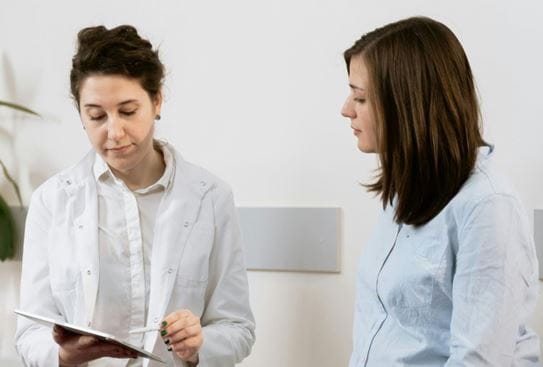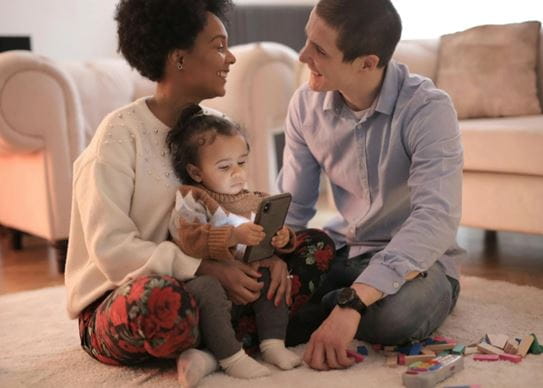Life might look different after you’ve completed your cancer treatment. You might experience many complex emotions and question what the future holds. Getting used to life after cancer treatment can be overwhelming at times, but there are many ways to care for yourself as you adjust.
1) Stay informed about your health with follow-up care
After your cancer treatment, your follow-up care will help you and your healthcare team keep track of your recovery. When your doctor examines you during these routine checkups and asks how you’ve been feeling, you can discuss any treatment side effects you’ve been experiencing. You can also ask questions about the risk of cancer returning and learn what signs to watch out for. See our resource on questions to ask about follow-up care.
While many people feel anxious before their appointments, staying informed can help you feel in control as you adjust to everyday life. You might find it helpful to keep a personal health record and a follow-up care plan to keep track of your treatment history. This can be valuable to your medical team.

2) Give yourself time to adjust
It takes time to get used to life after your cancer treatment. A big part of adjusting is learning how to manage expectations – both your own and others. Family, friends or coworkers may need to be reminded that healing and getting back to normal is a gradual process. Be honest about what you need and what you’re able to do as you heal. Have patience with yourself and remember that your physical, mental and emotional recovery is unique to you. To read more on adjusting to life after treatment, see our resource on finding your new normal.

3) Worrying is normal
After completing treatment, it’s normal for people to worry about cancer coming back. While this is something you can’t control, there are some things you can do to help give you a sense of control and cope with your worries. This can include talking to your doctor during regular follow-up care and knowing what symptoms to watch out for. You can also focus your energy on wellness and staying as healthy as you can. With time, the fear of cancer coming back should become easier to manage.
4) Care for your emotional and mental health
While many people experience relief and joy after completing cancer treatment, it’s also normal to experience anger, grief, depression or anxiety. Talking about your emotions and headspace could be helpful to your emotional and mental health. You can confide in family, friends, other survivors or mental health professionals like a therapist or counsellor. If you think you may have depression, talk to your healthcare team. They can refer you to a specialist such as psychologist or psychiatrist for medicine or therapy.
5) Focus on wellness
After cancer treatment, your body will have new limits and it will take some time to adjust. Eating well, getting enough sleep and exercising regularly can help you feel better physically and mentally. Check in with your healthcare team to discuss the physical activity and diet that is best for your recovery.

6) Learn about available resources
You might be focusing on practical, everyday concerns like finances, work or personal care after completing treatment. A social worker can tell you about the grants or programs in your province or community that you might be eligible for. This can include things like government benefits, financial support or housing programs.
7) Accept support
During recovery, getting your independence back will be a gradual process. This transition will look different for everybody, but it’s normal to ask for help. As you recover physically and mentally, accepting support can help you while you heal. This could include communicating your limits as you get your energy back. You might also join a cancer support group, talk to a mental health professional or connect with a supportive online community like CancerConnection.

Life after treatment is often a time of change and adjustment. It’s important to find different ways to care for yourself during your recovery. The Canadian Cancer Society is here to support you through this transition. Browse our programs and services to help answer your questions, find community and connection, and manage life during and after cancer.
